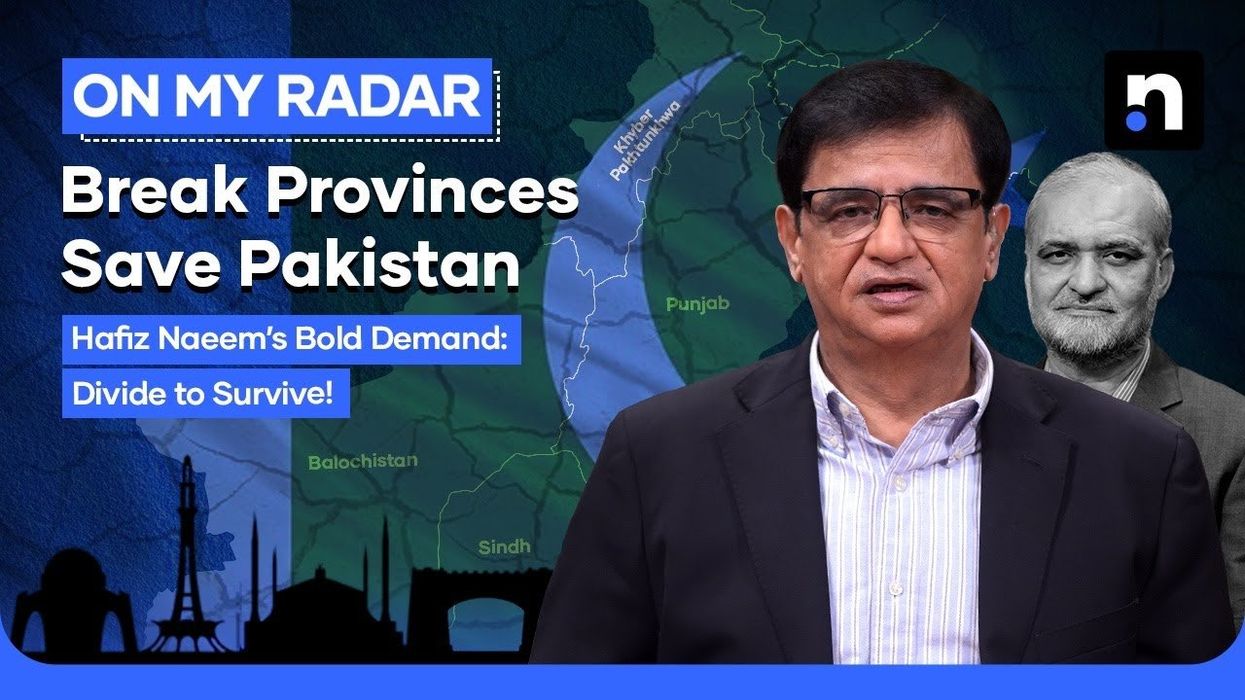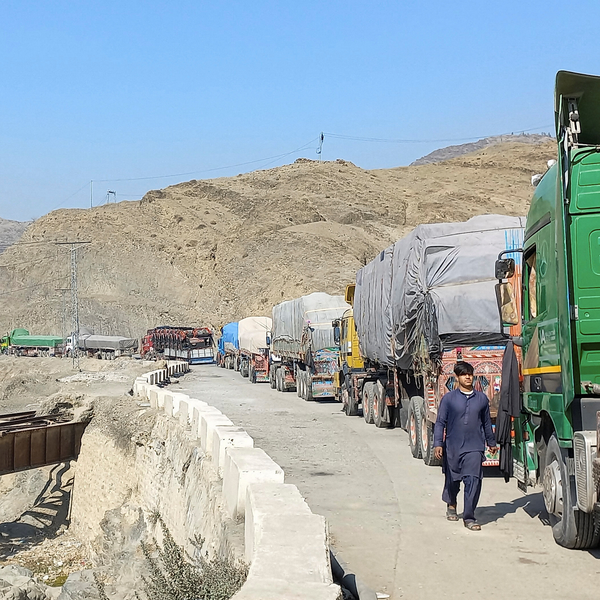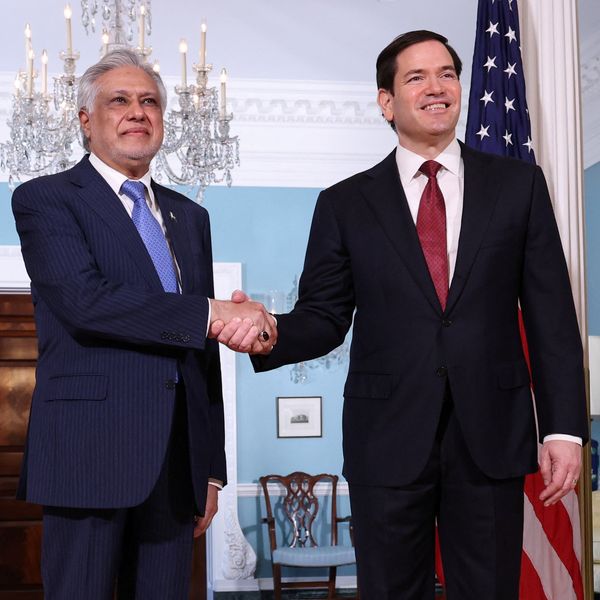Debate over new provinces resurfaces amid governance strain in Pakistan
Kamran Khan says Pakistan faces a “now or never” moment as population growth outpaces provincial structures
News Desk
The News Desk provides timely and factual coverage of national and international events, with an emphasis on accuracy and clarity.
Pakistan’s long-dormant debate over creating new provinces is re-emerging as pressure mounts to ease the governing load on its four existing units, Kamran Khan said during an episode of his program “On My Radar.”
He said Pakistan stands at a “historic turning point” where Punjab, Sindh, Khyber Pakhtunkhwa and Balochistan are struggling to support nearly 250 million people.
Khan noted the question of how long the country can rely on a four-province structure — designed when Pakistan’s population was just 60 million in 1970 — has turned into a national dialogue rather than a partisan slogan.
Major political parties, including the Pakistan Muslim League-Nawaz, Pakistan Peoples Party and Pakistan Tehreek-e-Insaf, have repeatedly campaigned on devolving power and ensuring fair resource distribution, he said. But after entering government, each party “fell mysteriously silent” on new provinces or administrative units.
Khan argued the challenge is growing more urgent. Pakistan’s population has expanded nearly 400% since the end of the One Unit system more than five decades ago, but the number of administrative units has not changed.
“This imbalance,” he said, “is the biggest disease in our governance.”
Khan also pointed to what he described as a rare moment of political alignment that could open the door to reforms. The federal government currently enjoys a two-thirds parliamentary majority, while the Supreme Court appears in sync with major state decisions. Business leaders and the Federation of Pakistan Chambers of Commerce and Industry have also called centralized power the biggest hurdle to economic growth, he added.
In his view, Pakistan may be at a “now or never” stage where a major decision could redefine national governance — if there is political will.
Khan was particularly critical of the fallout from the 18th Amendment and subsequent National Finance Commission Award. The changes redirected funds and authority from the center to the provinces, but he said local governments were left weakened.
He highlighted Karachi as a stark example, saying key services including water, sanitation, solid waste, transportation, land management, health and education remain under provincial control, leaving municipal bodies powerless.
People now ask why provincial boundaries have not evolved as the country’s population and economic realities have changed, Khan said.
From Karachi’s beleaguered residents to youth in Punjab, KP and Balochistan, he said, Pakistanis are increasingly questioning who controls their resources — and whether that control reflects their needs.
Regional developments in South Asia, he added, have intensified the view that new provinces or administrative reforms are not just a bureaucratic option but essential for balanced development, economic stability and national unity.











Comments
See what people are discussing